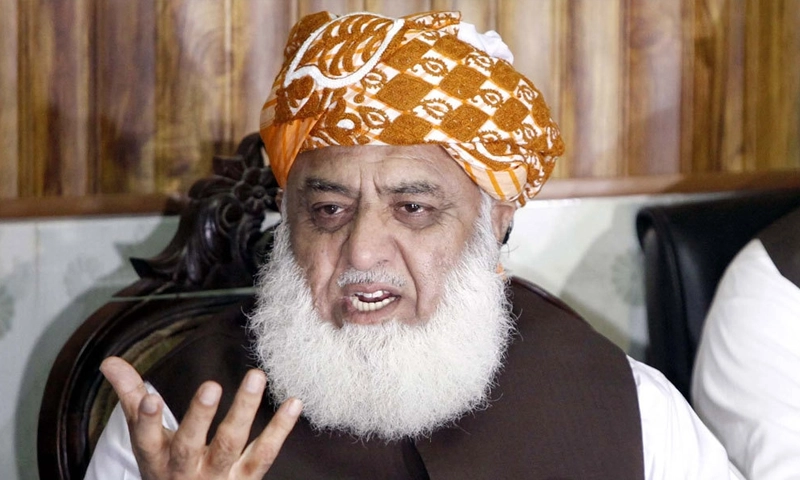- Web Desk
- Yesterday

Reserved seats case — Majority judgment against constitution: ECP
-
- Web Desk
- May 30, 2025

ISLAMABAD: The majority judgment in the reserved seats case was in violation of Article 4 and Article 10-A of the constitution, the Election Commission of Pakistan (ECP) says in a statement submitted to the Constitutional Bench of Supreme Court.
Although the PTI had never sought or moved any forum for the reserved seats, the Supreme Court in its majority judgment gave those seats to the party, said the ECP.
Read more: PML-N challenges reserved seats verdict in SC
According to the ECP, the political parties provide their respective list of candidates for the reserved seats before elections, which wasn’t the case with the PTI.
Despite this fact, the majority judgment ordered to give away 39 seats to the PTI in complete violation of law, it added.
The ECP said the majority judges provide relief to the PTI under Article 187, when they did not have the authority to do so.
EXPLANATIONS
The judges authoring the majority judgment on July 12, 2024 did not take notice of the clarifications sought over the explanations given on September 14 and October 18, the statement reads.
At same time, the ECP also noted they had not fix the case before a 13-member bench, when two separate explanations were shared.
The ECP was talking about the majority judges who had ordered immediate implementation of the July 12 verdict through the explanations given on September 14 and October 18.
NOT BINDING
With the ECP submitting additional arguments, the dissenting notes given by the Supreme Court come into mind.
The then Chief Justice Qazi Faez Isa and Justice Jamal Khan Mandokhail in dissenting notes in the reserved seats case had said the majority decision lost sight of the basics, and that judges should decide cases in accordance with the constitution and law, based on the material available before them.
At the same time, former Chief Justice Isa stated that the review appeals against the majority judgment in the reserved seats case had not been finally decided, therefore, the case had not been decided, so its implementation was not “binding”.






